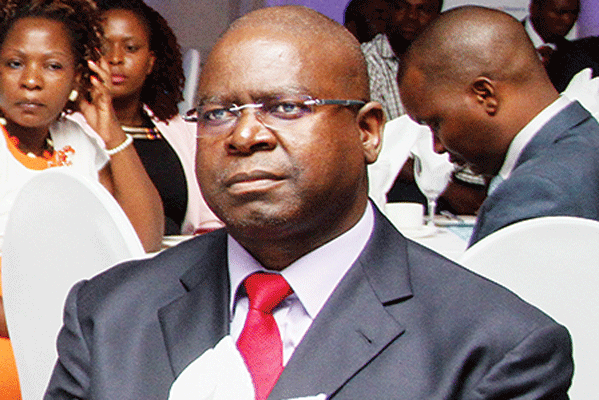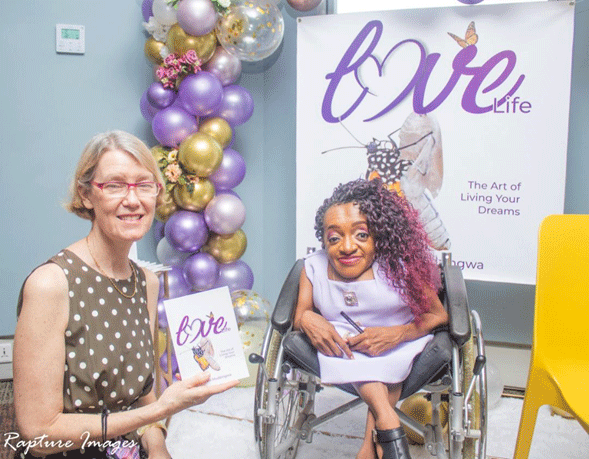In the old days, in fact just over a decade ago, the most common and available option to publish a book in Zimbabwe was through a literary agent and sending a manuscript to a traditional publishing house, a process which was often bureaucratic and very arduous, and could span over a year and in some instances two.
Cognisant of the above, it is clear that publishing was highly monopolised by a few publishing houses which in turn made writing very competitive as many aspiring authors would have their manuscript rejected for failing to meet the publisher’s standards.
Fast-forward to today, self-publishing and hybrid-publishing have emerged as some of the alternative options to publish a book, both in Zimbabwe and world over.
After receiving a series of enquiries on how one can get to publish a book in Zimbabwe from followers of this column, I have narrowed down the publishing options available in Zimbabwe to three options namely, traditional, self and hybrid publishing.
Traditional publishing
For decades traditional publishing houses held the monopoly and had the supreme power in determining which manuscript, literary or educational work got published. Although some people still opt for traditional publishing, the bureaucratic nature of the process and the emergence of online publishing and marketing such as Amazon have disrupted the old model of traditional publishing.
In traditional publishing, the aspiring author sends a query letter (proposal) or manuscript to have their work published. If the letter is successful the publisher will then respond with an upfront advance (payment) for the rights to their work and enter into a contract with the publishing house. in return the publishing house would meet all expenses related to publishing from editing, cover design and layout, interior design, marketing and distribution of the book.
Some of the publishing houses which ruled the roast in since Independence include Zimbabwe Publishing House, Longman Zimbabwe and Mambo Press.
The beauty of traditional publishing is that the publisher meets all the expenses whilst the immediate disadvantage is that the author would lose the rights to their work as the publisher will take the lion’s share in the sales of the book.
Traditional publishing also ensured quality control in books that were published and books that were published were of quality and had zero or minimal errors, if at all.
In recent years,one of Zimbabwe’s most prolific authors Aaron Chiundura Moyo has cried foul over how he has not reaped any benefit from his multiple literary works and made threats to revoke all rights he had previously granted several traditional publishing houses.
Chiundura Moyo’s predicament reveals the downside of traditional publishing and the emergence of technology and online publishing and selling models such as Amazon has not made life easier for the traditional publishing houses whose sales models are now somehow outdated.
Self-publishing (Do it yourself publishing)
Self-publishing also referred by some as do it yourself (DIY) publishing is one of the new emerging popular means of publishing. Here as the name implies, self-publishing or do it yourself publishing gives the author full control of the publishing process.
After completing their manuscript, the aspiring author whom we will refer to as “Mr Narratives” will hire an editor, a book designer (interior and cover design) and a printer of his choice to print the “now compiled and edited version of the book”.
The immediate beauty of this process is that Mr Narratives retains full copyrights of his work and gets to market and distribute and enjoy proceeds from his work.
Moreover, authors also get to reap benefits from selling their book on Amazon and other related online platforms.
The downside of self-publishing is it is highly dependent on one’s ability to hire the best editor, designer and printer. An inexperienced book editor for instance may compromise the book’s quality resulting in the book being published with gross errors and grammar issues. Thus, it is important for aspiring authors to select experienced professionals or self- publishing consultants to assist them in turning their manuscript into a masterpiece book.
Hybrid-publishing
This is a fast-emerging area of publishing which constitutes a middle ground between traditional publishing and self-publishing.
Here the author or “Mr Narratives” will meet some or all of the publishing costs then hands over the marketing, sales and distribution to a publishing house and in some instances to highly reputable bookshops linked to one or more publishing houses.
It is important to note that the models for Hybrid-Publishing are not a one-size fit all approach and may differ with the nature of their policies or agreement with the author. In hybrid publishing, the author retains most control of their work and keeps the lion’s share of the profits. In essence, under this model the author is usually negotiating a higher royalty rate, since they would have invested in their own work. The downside of hybrid publishing is that it is marred by lack of transparency between the parties involved.
- Fungayi Sox is the managing consultant at TisuMazwi — a communications consultancy firm that facilitates book project management including writing and publishing, content development and marketing, digital media and personal development. He writes in his personal capacity. For one-on-one book writing and self-publishing coaching sessions, contact him on 0776 030 949, follow him on Twitter @AntonySox or connect with him on LinkedIn on Fungayi Antony Sox.




